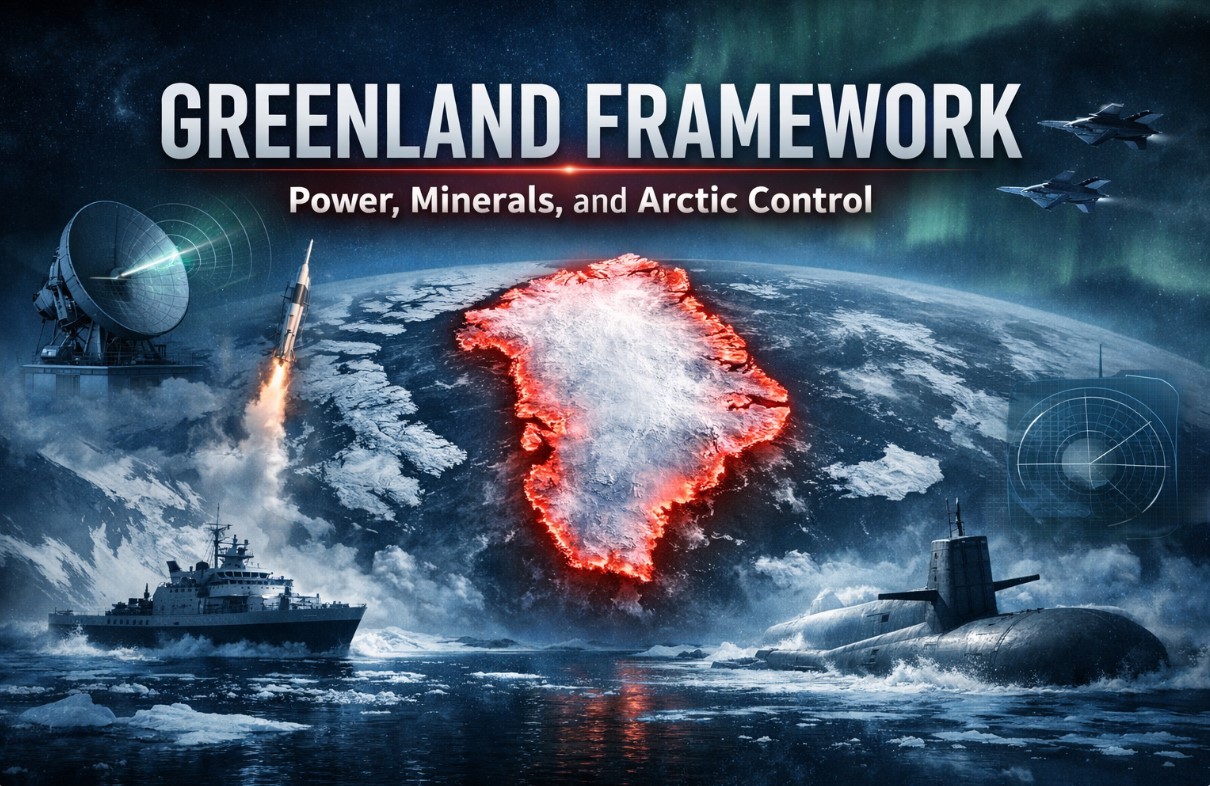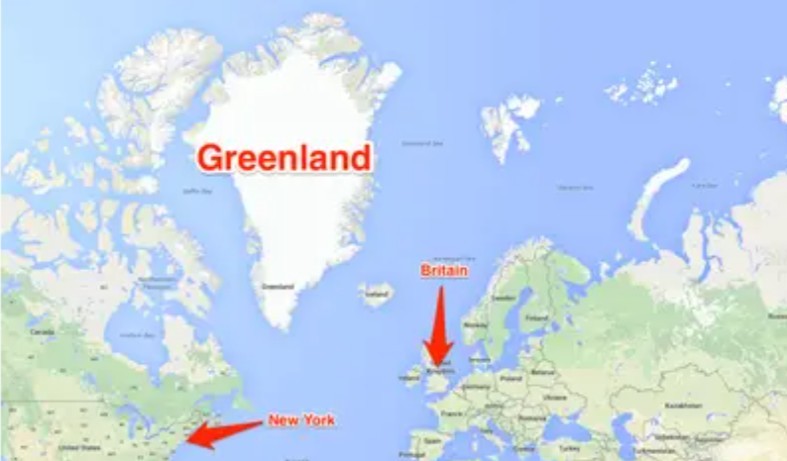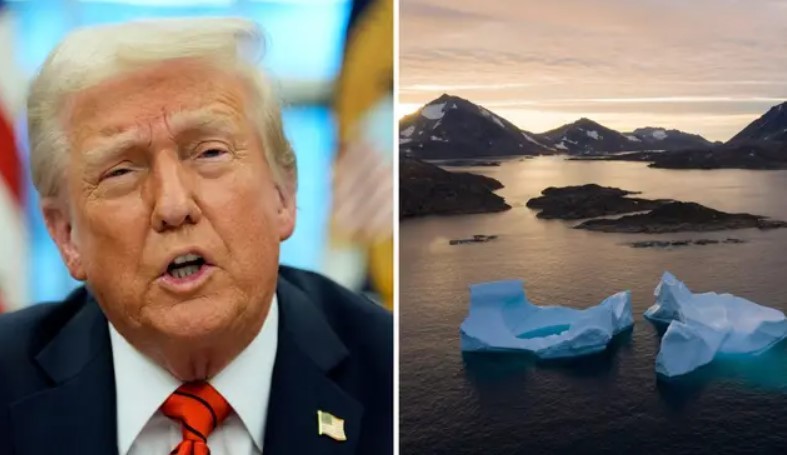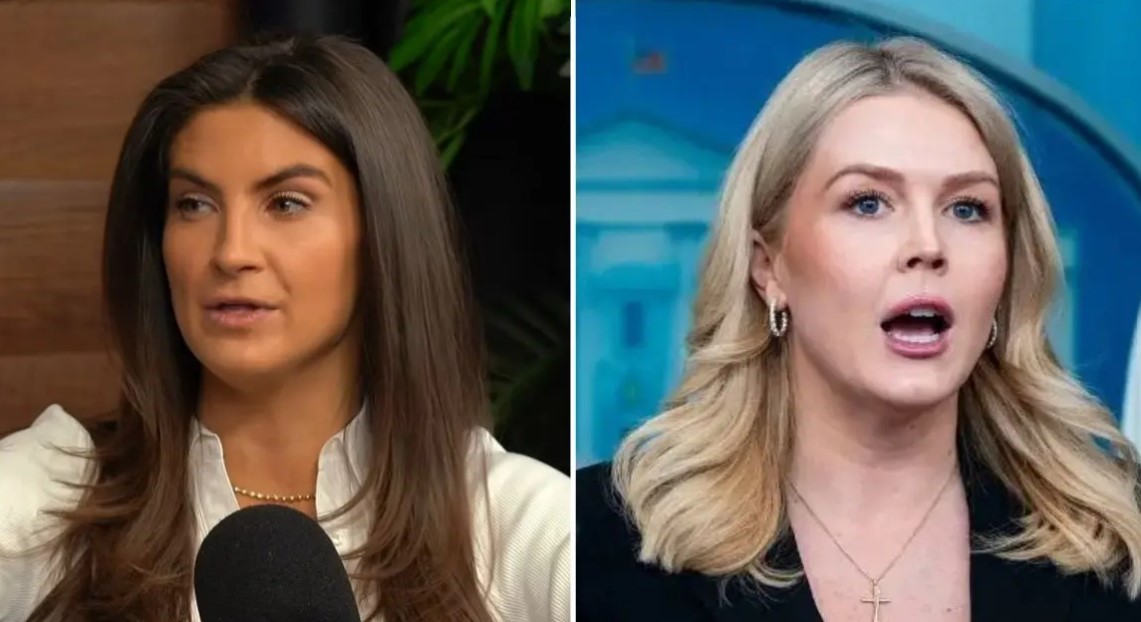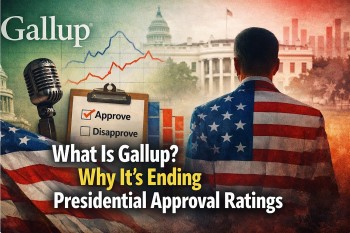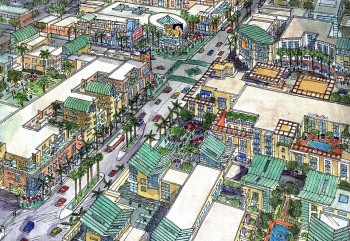Who Is Mette Frederiksen? Denmark's Prime Minister Biography, Family Life, Career, And Net Worth
Who is Mette Frederiksen?
Mette Frederiksen is a name that has become synonymous with modern Danish politics. As the youngest prime minister in Denmark's history and the second woman to hold the office, Frederiksen has played a pivotal role in shaping the country's political landscape. Her approach to governance, characterized by pragmatism and a blend of progressive and conservative policies, has earned her both admirers and critics.
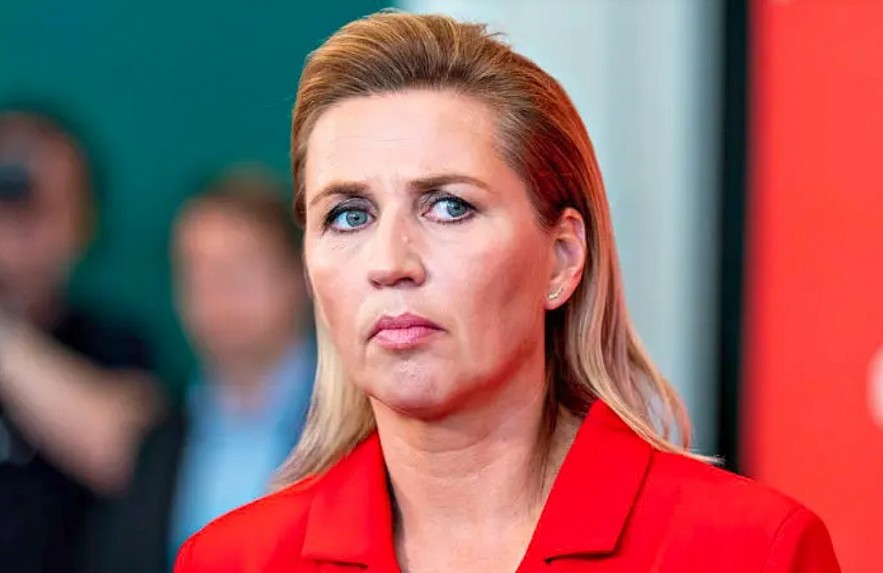 |
| Mette Frederiksen |
Early Life and Education
Mette Frederiksen was born on November 19, 1977, in Aalborg, Denmark, a city known for its industrial roots in the northern part of the country. Her upbringing in a working-class family greatly influenced her political views and fueled her commitment to social justice. Her father, Flemming Frederiksen, was a typographer, and her mother, Anette Frederiksen, worked as a teacher. This background instilled in her the values of hard work and community engagement.
Frederiksen’s educational journey began in Aalborg, where she attended local schools before pursuing higher education. She obtained her bachelor's degree in Administration and Social Science from Aalborg University in 2000. Demonstrating an early interest in politics and policy-making, she furthered her education with a master's degree in African Studies from the University of Copenhagen in 2009. Her academic background provided her with a unique perspective on global issues, particularly social inequality and development, themes that would later be central to her political platform.
Family Life: Marriage and Children
Mette Frederiksen has a family life that reflects both personal dedication and public service. She is the daughter of typographer Flemming Frederiksen and educator Anette Frederiksen, and has an older brother named Per. The family has deep-rooted ties to the Social Democratic movement, with her great-grandfather having been imprisoned for union activities, and both her grandfather and father holding positions within the party.
In 2003, Mette married Erik Harr, the communications director of the Danish Association of Pharmacies. The couple had two children: a daughter, Ida Feline, born in December 2002, and a son, Magne, born in 2006. They resided in Ballerup, a suburb of Copenhagen, until their divorce in 2014.
Following her divorce, Mette began a relationship with Bo Tengberg, a Danish film director and cinematographer, in 2014. Born on December 17, 1964, in Kerteminde, Tengberg has an extensive career in film and television. The couple got engaged in 2017 and moved to Hareskovby in 2018. They were married on July 15, 2020, at Magleby Church on the island of Møn.
Together, Mette and Bo have a blended family, bringing together their children from previous relationships. In 2023, they relocated from Hareskovby to an apartment in the medieval part of central Copenhagen.
Despite her demanding role as Denmark's Prime Minister, Mette Frederiksen emphasizes the importance of family, striving to balance her public duties with her private life.
Political Career: From Parliament to Prime Minister
Mette Frederiksen's political journey began at a young age. She joined the Social Democrats, Denmark's largest center-left party, when she was just 15 years old. Her passion for politics was evident early on, as she quickly rose through the party ranks. In 2001, at the age of 23, she was elected to the Folketing (the Danish Parliament), representing Copenhagen. This was a significant achievement, as it marked the start of her long-standing career in national politics.
During her early years in Parliament, Frederiksen focused on issues such as labor rights, social justice, and immigration. Her commitment to these areas earned her a reputation as a staunch advocate for social equality. Over the years, she held several key positions within the Social Democrats, including serving as the Minister for Employment and the Minister of Justice. In these roles, she introduced reforms aimed at strengthening the welfare state and tightening immigration policies, a move that sparked controversy but also bolstered her political standing.
In 2015, Frederiksen became the leader of the Social Democrats, succeeding Helle Thorning-Schmidt, Denmark's first female prime minister. Her leadership style marked a shift towards a more centrist approach, combining traditional left-wing policies on welfare with a tougher stance on immigration. This strategic pivot helped her secure widespread support across the political spectrum.
In June 2019, Mette Frederiksen led the Social Democrats to victory in the general elections, becoming Denmark's youngest prime minister at the age of 41. Her government prioritized climate change, social welfare, and immigration reforms. Under her leadership, Denmark has been recognized for its progressive climate policies and efforts to reduce carbon emissions.
Wealth and Assets
As a high-profile political figure, Mette Frederiksen's financial situation has also been a subject of public interest. Although precise details about her net worth are not publicly disclosed, it is known that her income primarily comes from her salary as the prime minister. According to official records, the prime minister of Denmark earns an annual salary of approximately 1.5 million Danish kroner (around 240,000 USD), along with other allowances related to her office.
Frederiksen is not known for extravagant spending and has maintained a modest lifestyle in line with her public image as a champion of social justice and equality. Her financial disclosures show that she has invested in real estate, including a residence in Copenhagen.
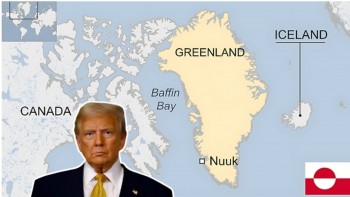 Where is Greenland: Why Trump’s renewed interest Where is Greenland: Why Trump’s renewed interest |
International Relations and the Greenland Controversy
One of the defining aspects of Mette Frederiksen's tenure as prime minister has been her handling of international relations, particularly the tensions with the United States over Greenland. This issue gained significant attention in 2019 when then-President Donald Trump expressed interest in purchasing Greenland, an autonomous territory under the Danish realm. Frederiksen's response was firm and dismissive, calling the idea "absurd" and emphasizing Greenland's autonomy.
The situation escalated into a diplomatic spat, with Trump canceling a planned visit to Denmark in response to Frederiksen's remarks. Despite the tensions, Frederiksen remained steadfast in her position, reinforcing Denmark's commitment to Greenland's self-governance and autonomy. This episode bolstered her reputation as a strong leader unafraid to stand up to larger powers, but it also created lingering challenges in the U.S.-Denmark relationship.
The 2025 Tensions: A New Chapter with President Trump
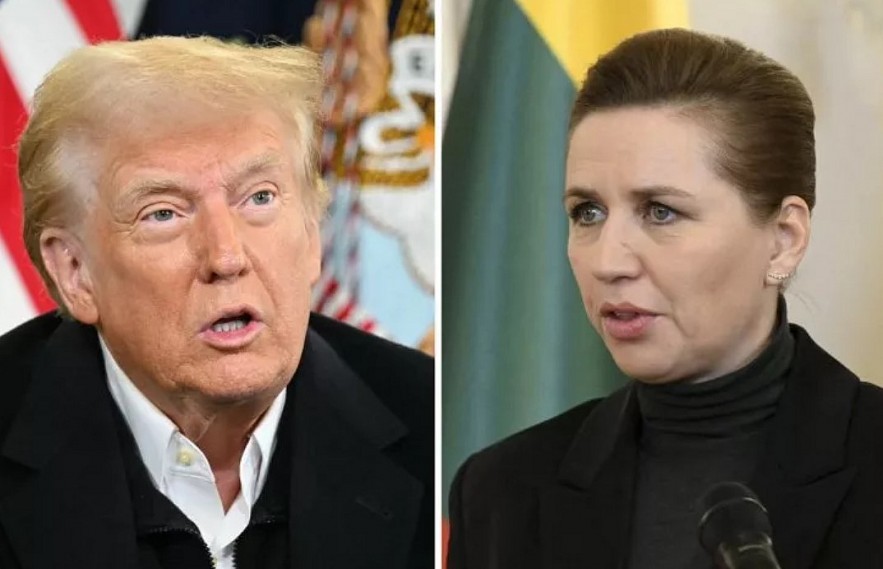 |
The issue resurfaced dramatically after Donald Trump was re-elected as President of the United States in 2024. Following his inauguration on January 20, 2025, tensions between the U.S. and Denmark over Greenland reached a new peak. According to reports, Trump made a direct call to Mette Frederiksen, demanding a reconsideration of Denmark’s stance on Greenland. The conversation was described as tense, with Trump emphasizing strategic interests in the Arctic region.
Frederiksen, known for her assertive communication style, reportedly stood her ground, reiterating Denmark's and Greenland's positions. This confrontation signals potential challenges ahead, as the U.S. continues to view Greenland as strategically important, particularly in light of its rich natural resources and geopolitical significance in the Arctic.
Future Political Prospects
Mette Frederiksen's political future is marked by both opportunities and challenges. Domestically, she remains a popular figure, credited with leading Denmark through various crises, including the COVID-19 pandemic. Her policies on climate change, social welfare, and immigration continue to resonate with a significant portion of the Danish electorate.
However, the international landscape poses significant hurdles. The ongoing tensions with the United States, especially concerning Greenland, could have implications for Denmark's foreign policy and economic interests. Additionally, Frederiksen faces criticism from both the left and the right, with some accusing her of abandoning traditional Social Democratic values, while others argue that her immigration policies are too restrictive.
Looking ahead, Mette Frederiksen’s ability to navigate these complex challenges will be crucial in determining her legacy. As a leader, she has demonstrated resilience and adaptability, qualities that will be essential as Denmark grapples with global shifts in power dynamics and the increasing importance of the Arctic region.
Conclusion
Mette Frederiksen's journey from a young political activist in Aalborg to the prime minister of Denmark is a testament to her dedication, strategic thinking, and commitment to public service. Her tenure has been characterized by a blend of progressive and conservative policies, aimed at balancing social welfare with economic stability. While her domestic policies have garnered significant support, her approach to international relations, particularly with the United States, will likely define the next phase of her career.
As the world watches the unfolding developments in the Arctic, Mette Frederiksen's decisions regarding Greenland and her ability to maintain Denmark's sovereignty in the face of external pressures will be critical. Whether she can continue to lead Denmark effectively in this changing landscape remains to be seen, but her impact on Danish politics is undeniable. Mette Frederiksen has proven to be a formidable leader, unafraid to tackle tough issues head-on, making her one of the most significant political figures in Denmark today.
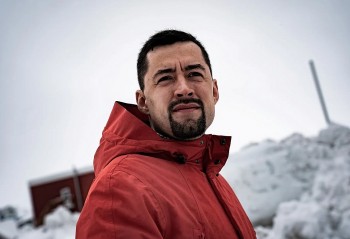 Who is Múte Egede, Greenland’s Prime Minister, Who Said 'Not For Sale' Who is Múte Egede, Greenland’s Prime Minister, Who Said 'Not For Sale' Greenland, the world’s largest island known for its icy landscape and strategic location, made headlines when Donald Trump proposed buying it, but PM Múte Eged ... |
 Greenland, Canada, and the Gulf of Mexico: America First or America Everywhere Greenland, Canada, and the Gulf of Mexico: America First or America Everywhere Donald Trump’s presidency was marked by unconventional geopolitical statements and ambitions. |
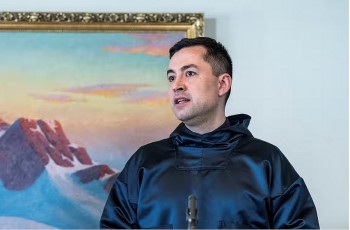 Greenland’s Leader Múte Egede 'Opens the Door' for America Greenland’s Leader Múte Egede 'Opens the Door' for America Leader Múte Egede recently declared that he is willing to meet with Trump to talk about "what unites us," despite claiming that Greenlanders have no ... |

